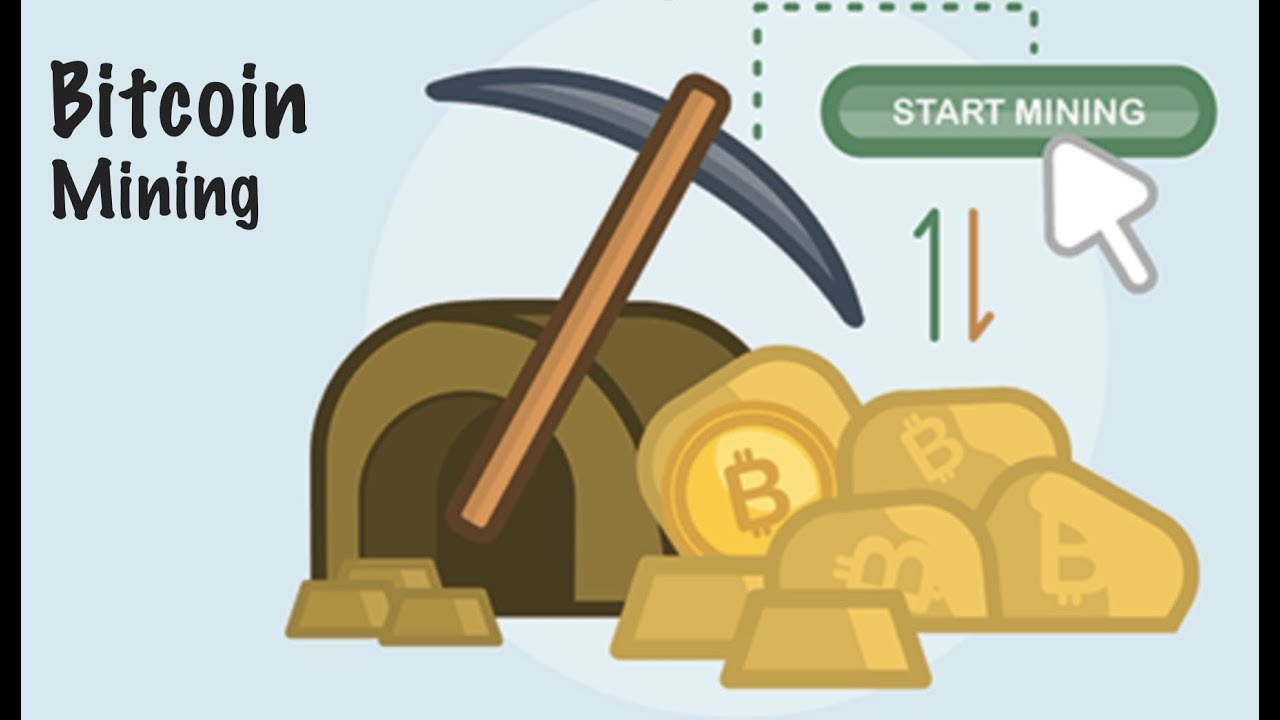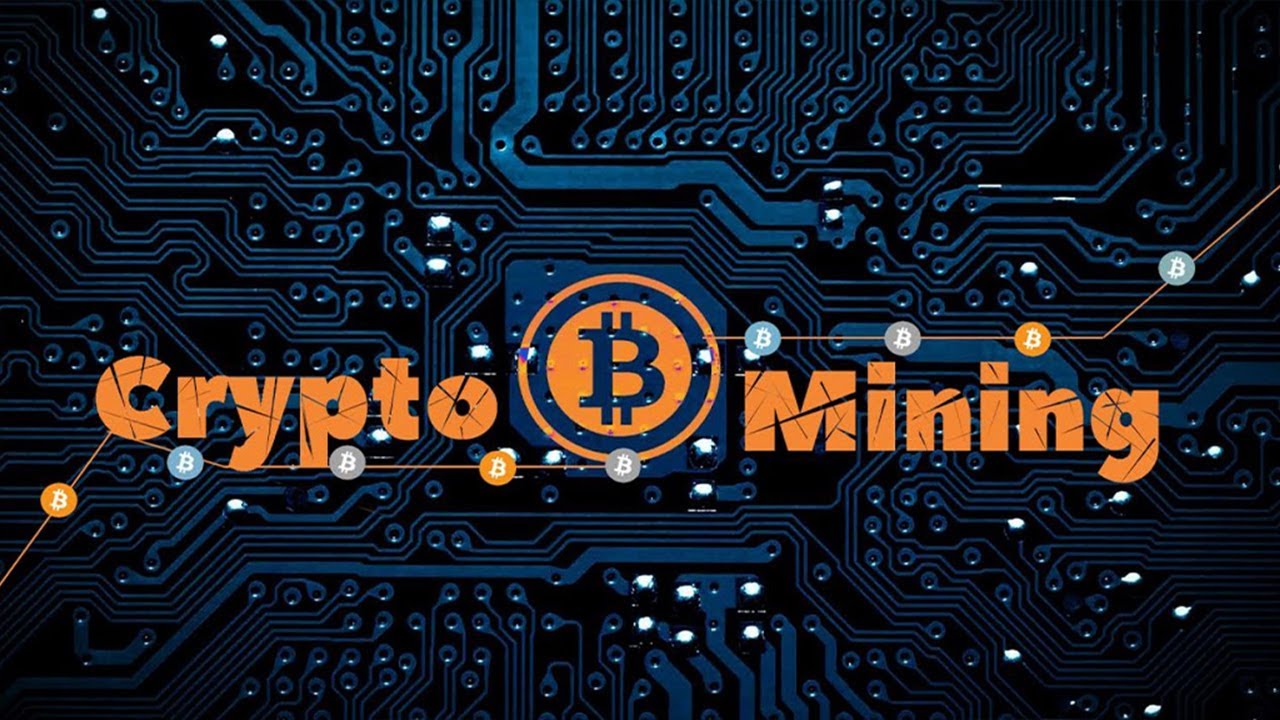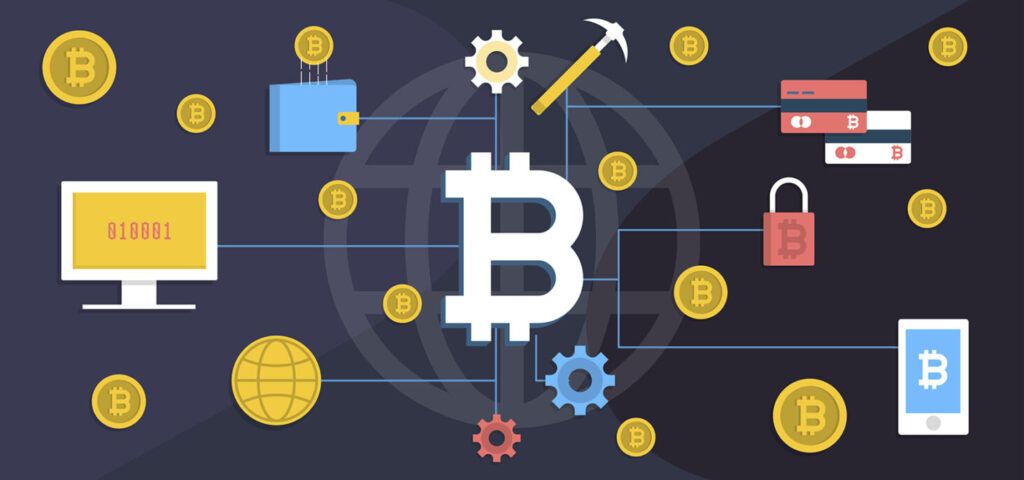For many newcomers to the world of cryptocurrencies. Bitcoin mining—the process of adding new coins to circulation and ensuring. The integrity of the blockchain remains a mystery. As the most popular cryptocurrency, Bitcoin relies on a decentralized network to verify transactions and maintain security. This guide will delve into the intricacies of Bitcoin mining, encompassing current trends, their wider implications, and their contributions to the Bitcoin network.
Engaging Introduction
The word mining often conjures up pictures of pickaxes and mining carts. Yet, mining has a whole new connotation in the digital era, particularly in relation to Bitcoin. Bitcoin, created in 2009 by an anonymous programmer known only as Satoshi Nakamoto, has revolutionized the way money is transacted and brought about groundbreaking technological.
Advancements through the use of decentralized networks. Because of its central role in the creation, security, and regulation of Bitcoin transactions, mining is vital to this unique currency. Understanding the intricacies of Bitcoin mining can aid novices in comprehending this vital process and the functioning of the cryptocurrency ecosystem.
Concepts of Bitcoin Mining
Bitcoin mining relies on the blockchain, a distributed ledger of Bitcoin network transactions. Each transaction is packed into a block and added to the chain, creating a chronological record. Tapping any block would involve changing all subsequent blocks, which is impossible due to the network’s decentralization, ensuring openness and security.Bitcoin uses Proof of Work (PoW) to validate transactions and safeguard the network.

Miners compete to add the next block to the blockchain by solving complex mathematical puzzles called hashes. One miner solves the problem and publishes it to the network so other miners can verify it.We modify the complexity of these issues every two weeks to keep block generation time around 10 minutes. This dynamic difficulty keeps Bitcoin’s issuance predictable and under its 21 million-coin ceiling.
Bitcoin Mining and Regulation Trends
When a miner successfully adds a new block to the blockchain, they are rewarded with newly minted bitcoins and transaction fees earned from the transactions included in that block. The reward started at 50 bitcoins per block and has halved typically every four years in a process known as the reward is 6.25 bitcoins, and this decrease is done to limit the quantity of bitcoin and make it more scarce.
The environmental impacts of Bitcoin mining have prompted some nations to institute regulations to curb the practice. Take China as an example; the country’s mining industry saw a dramatic exodus when the government instituted stringent rules. The US, with its plentiful energy resources, especially from renewable sources, has attracted miners and become a new Bitcoin mining hotspot.
Efficient Crypto Mining Trends
In light of the scrutiny around energy consumption, some mining enterprises are researching renewable energy sources to power their activities. Companies invest in solar, wind, and hydroelectric energy to cut carbon and operational expenses. Blockstream’s U.S. Bitcoin mining initiative shows this trend toward sustainability, supporting eco-friendly bitcoin mining.
 Mining technological advancements are also notable. Mining companies are using more energy-efficient ASICs and cooling systems to optimize profits and reduce energy use. Layer 2 solutions like the Lightning Network are also improving Bitcoin network efficiency by lowering transaction fees and speeding up payments.
Mining technological advancements are also notable. Mining companies are using more energy-efficient ASICs and cooling systems to optimize profits and reduce energy use. Layer 2 solutions like the Lightning Network are also improving Bitcoin network efficiency by lowering transaction fees and speeding up payments.
Summary
Understanding Bitcoin mining is essential for cryptocurrency enthusiasts. With rising regulatory scrutiny and technological advances, mining’s future will likely focus on sustainability and efficiency.Beginners must consider hardware, energy, and regulatory risks when mining Bitcoin. Miners can make big money, but they must stay abreast of the changing scene.
The wider consequences of this techno-financial ecosystem.Bitcoin mining will keep the network running smoothly and securely as cryptocurrencies become widespread. Innovation and sustainability will boost its credibility and guide its future. Understanding Bitcoin mining lets you join the 21st-century conversation about finance, technology, and environmental stewardship.


